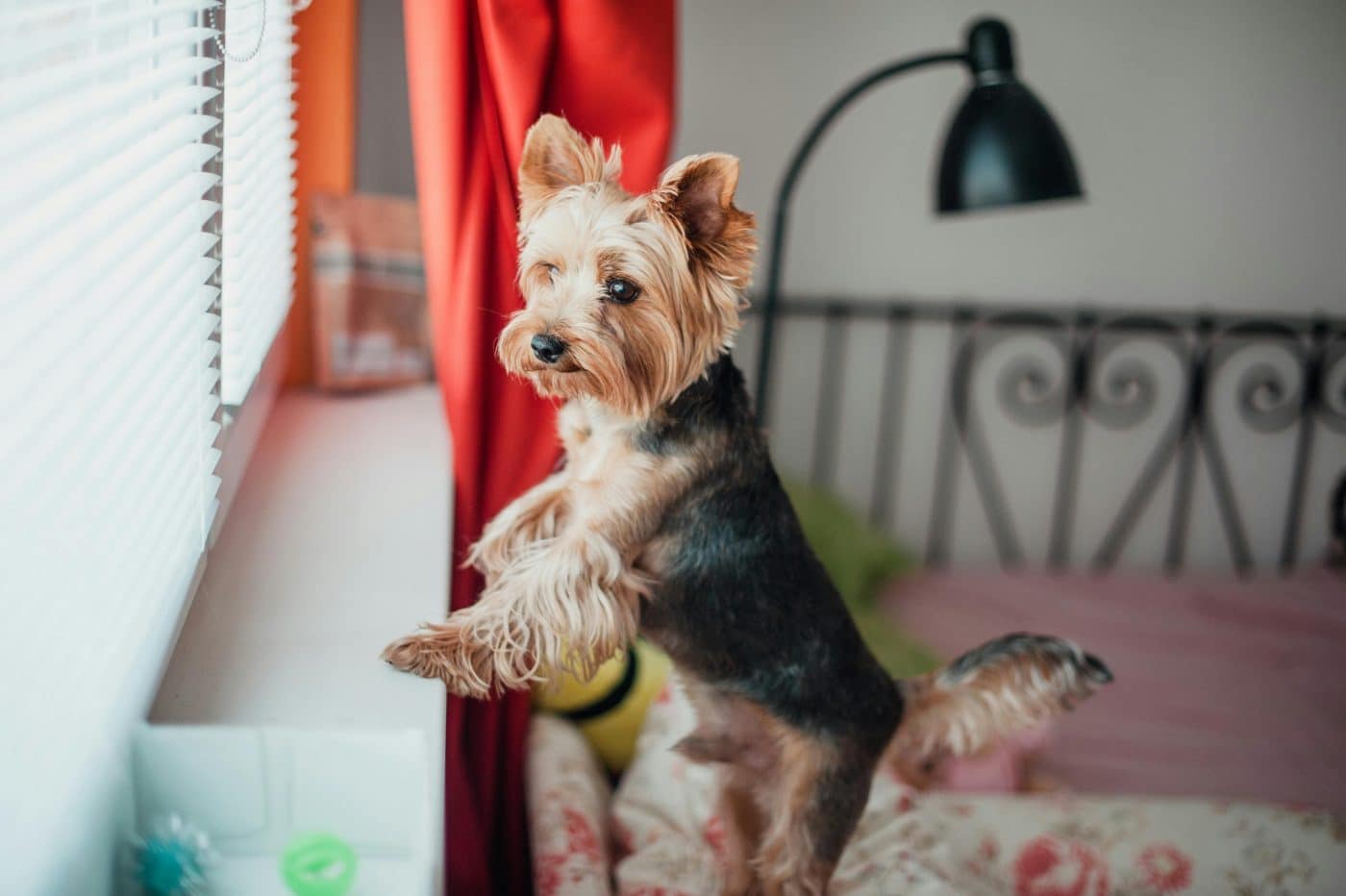 Shutterstock
Shutterstock
Dogs don’t need clocks, alarms, or reminders to know when it’s time for their favorite activities. They have an uncanny ability to predict when you’ll wake up, come home, or—most importantly—when their next meal is coming. While humans rely on digital schedules, dogs use routines, environmental cues, and their sharp senses to track time. If you’ve ever tried sneaking past them at dinner time and still got caught, it’s because they’re always paying attention to details you don’t even realize. Their internal clock is more reliable than any alarm!
They Rely on Their Internal Body Clock
 Shutterstock
Shutterstock
Like humans, dogs have a biological clock, or circadian rhythm, that helps regulate their sleep, eating habits, and activity levels. This internal system keeps their body on a schedule, letting them know when to expect certain events. That’s why your dog knows when it’s time for a walk or a meal, even if you haven’t moved toward the food bowl yet. Their body sends them signals—like hunger, tiredness, or bursts of energy—helping them structure their day naturally.
They Use Sunlight and Shadows
 Shutterstock
Shutterstock
Dogs are keen observers of their environment, and the sun’s position is one of the biggest natural indicators of time. They may not be able to read a sundial, but they can tell the difference between morning, afternoon, and evening based on how sunlight hits certain areas in the house. If your dog has a favorite sunbathing spot, you might notice that they move throughout the day, following the warmest patches of light—proof that they’re keeping track of time based on the sun.
They Recognize Daily Sounds
 Shutterstock
Shutterstock
Your dog’s ears are always tuned in to the familiar sounds that structure their day. Maybe they perk up when the garbage truck rumbles by, when the school bus pulls up, or when your alarm clock goes off. Even the sounds of your morning coffee routine—like the clinking of a spoon or the beep of the coffee maker—can become time markers for them. If your dog gets excited the second they hear your car pull into the driveway, it’s because they’ve memorized the sound pattern that signals you’re home.
They Smell Time Passing
 Shutterstock
Shutterstock
Yes, you read that right—dogs can literally smell time. A dog’s sense of smell is so advanced that they can detect the changes in scent intensity throughout the day. For example, when you leave for work, your scent lingers in the house but gradually fades over time. Dogs learn to associate how strong or weak your scent is with how long you’ve been gone. This is one reason why they often seem to know when you’re about to return home—even if they can’t hear your car.
They Read Your Routine and Know It Better Than You Do
 Shutterstock
Shutterstock
Dogs are master routine followers. If you feed them at the same time every day, they’ll learn to anticipate mealtime down to the minute. They memorize the order of events—maybe you put on your shoes before taking them for a walk, or you turn off the TV before heading to bed. If you deviate from the routine, you might get a confused or impatient stare because, in their mind, you’re late. Dogs don’t need a watch when they have you as their daily schedule.
They Watch Other Pets for Clues
 Shutterstock
Shutterstock
If you have multiple pets, chances are they help each other tell time. Dogs will often observe their furry housemates and adjust their own expectations accordingly. If the cat strolls over to the food bowl at a certain time or the bird starts chirping right before bedtime, your dog picks up on these patterns. They may not understand that the other pets aren’t actually in charge of the schedule, but they’ll take any clues they can get.
They Notice Temperature Changes
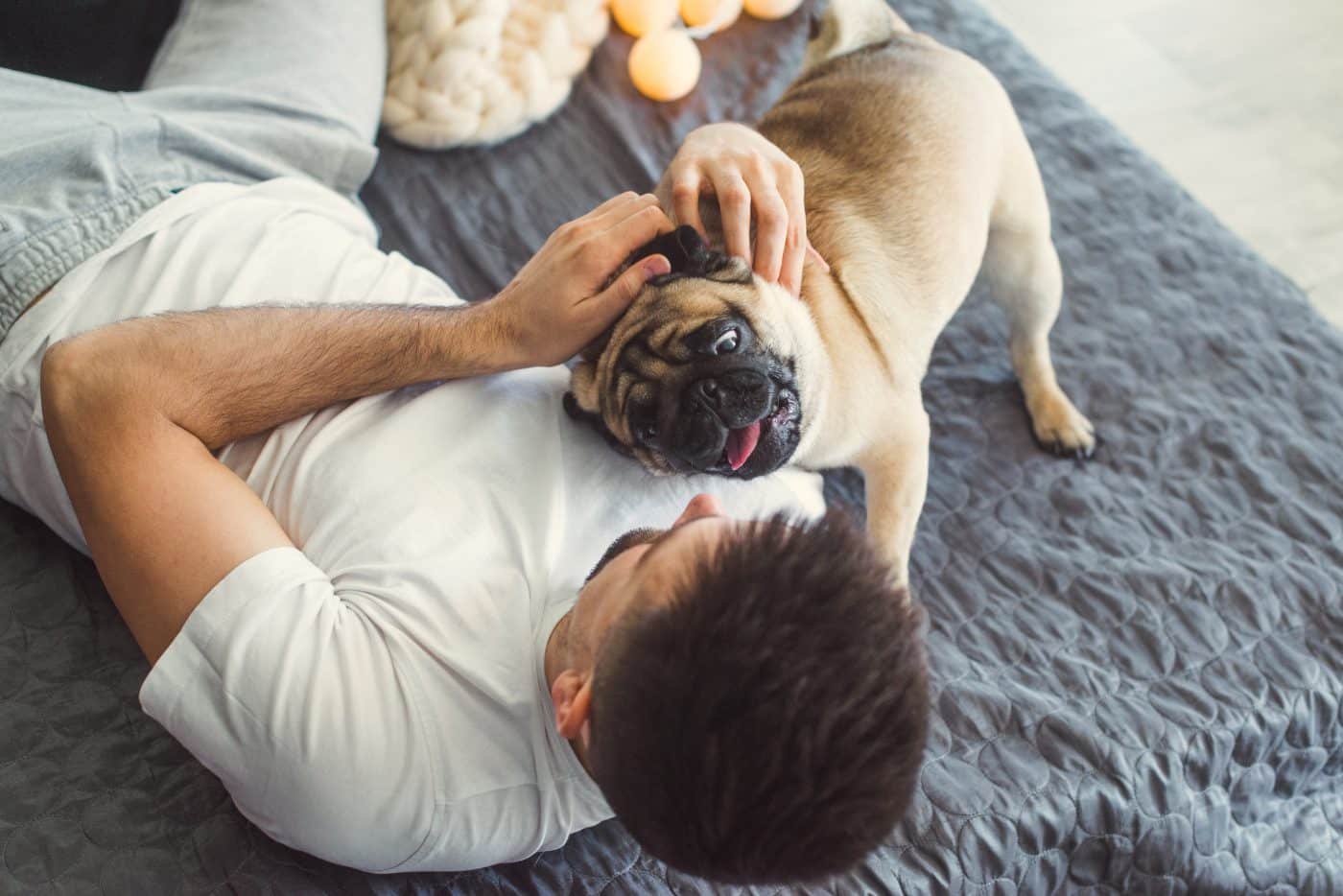 Shutterstock
Shutterstock
Dogs can feel shifts in temperature that help them distinguish different times of day. They associate morning with cooler air, midday with heat, and evening with a drop in temperature. If they sleep in your bed, they might wake up naturally when your body temperature rises as you start to wake. This explains why some dogs become active at certain times without any external triggers—nature itself is their timekeeper.
They Get Hungry Right on Schedule
 Shutterstock
Shutterstock
Dogs have an incredibly strong connection between time and food. If they get fed at 7 AM and 6 PM daily, their stomachs will send hunger signals like clockwork. They don’t need a timer—they are the timer. And if you’re even a minute late serving their meal, be prepared for the guilt trip of a lifetime, complete with dramatic sighs, longing stares, and possibly a paw to the leg.
They Anticipate Events Based on Emotional Cues
 Shutterstock
Shutterstock
Dogs don’t just track time with external cues—they also read emotional energy in the house. If you start getting antsy in the late afternoon because work ends soon, your dog picks up on that shift. They know bedtime is coming if you wind down at night by dimming the lights or getting into pajamas. Dogs don’t need a clock to tell them what time it is—they just need you and the subtle changes in your behavior.
The Tail-Wagging Truth Your Dog is Basically a Furry Time Traveler
 MidJourney
MidJourney
Dogs don’t need watches or apps to track time—they have instincts, sharp senses, and an incredible memory, especially when food is involved. Whether they predict your arrival, nudge you for dinner, or give you the classic guilt stare for forgetting walk time, they’re always one step ahead. Their internal clock runs on routine, habit, and a keen awareness of their surroundings. So, the next time your dog reminds you it’s snack o’clock, just admit it—they probably have better time-management skills than you!

 3 weeks ago
14
3 weeks ago
14



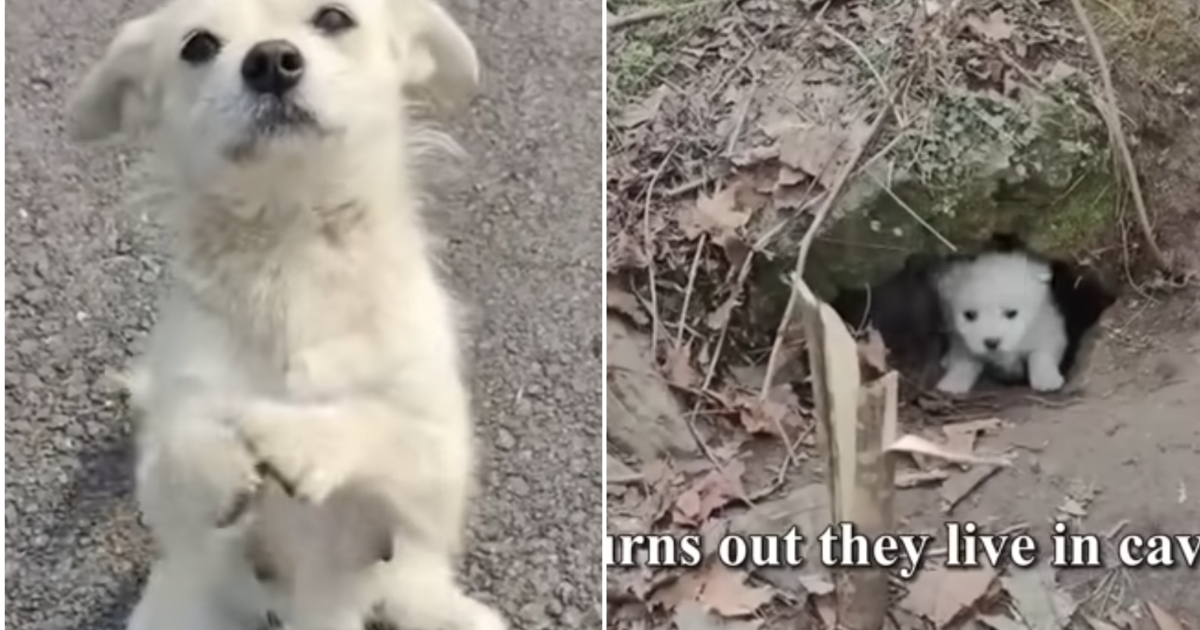
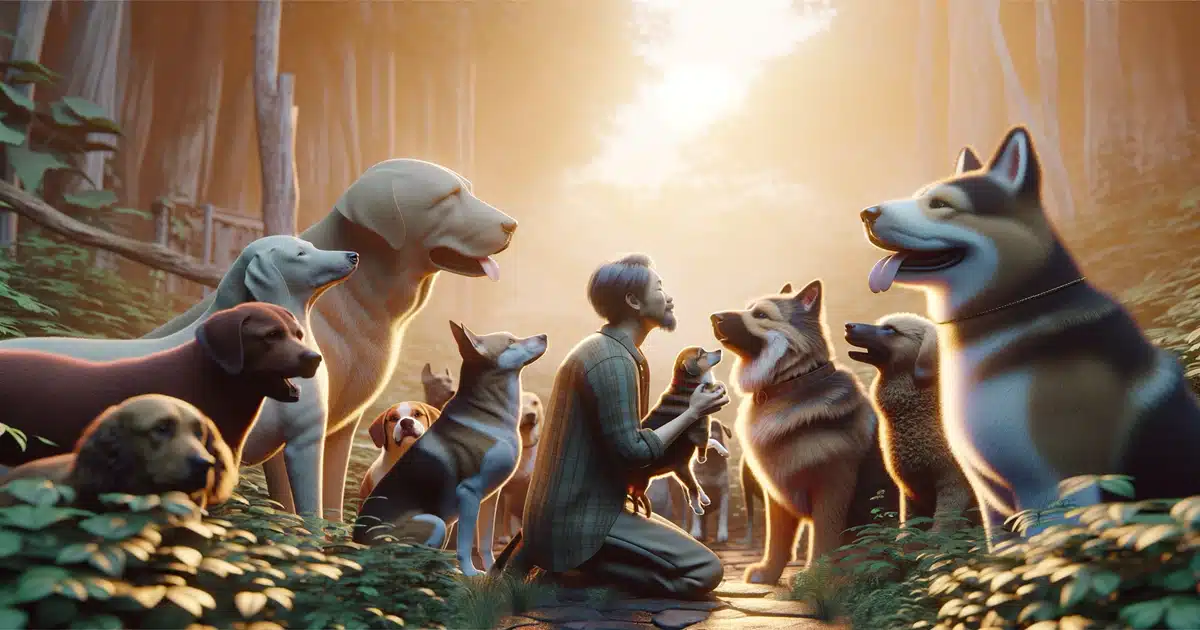



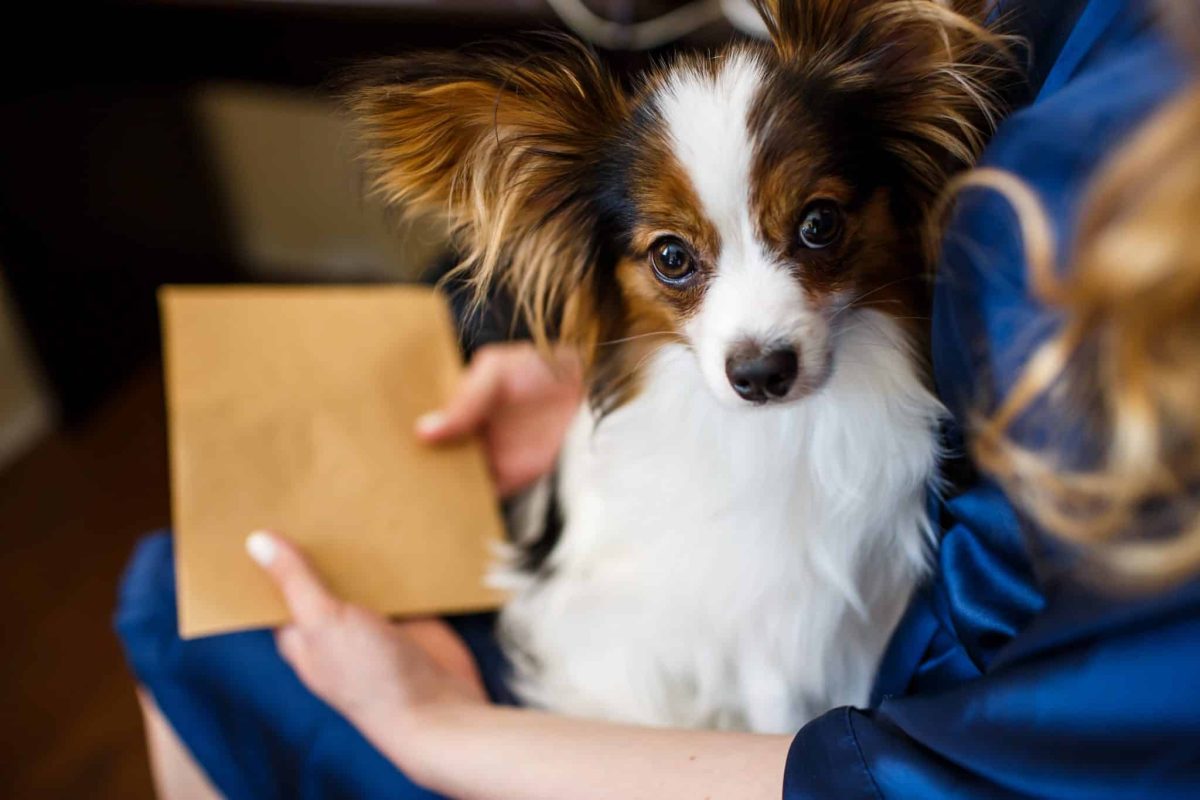









 English (US) ·
English (US) ·